Julie’s Organic products are now part of the Alden’s Organic family and have the same great taste you love!
Frequently asked questions
We go all-in on organic and stand by our commitment to think beyond ourselves. Want to learn more about what it means to be certified organic?
Are all Alden’s Organic ice creams and frozen desserts organic? What does it mean to be certified organic?
Yes, all Alden’s Organic products are certified Organic to United States Department of Agriculture’s (USDA) National Organic Program standards. This means that our products are made using ingredients that were not produced using genetic engineering (GMO’s), sewage sludge, ionizing radiation, or with the use of prohibited pesticides or fertilizers.
Is Alden’s Organic made with GMO’s?
No. Under USDA organic federal guidelines, Genetically Modified Organisms (GMO’s) are not allowed for use in certified organic products. Therefore, because our products are always USDA certified organic, they are not made with any genetically modified materials.
Are Alden's Organic products kosher certified?
Yes, the Circle-K symbol on each package means that we are supervised by OK Kosher, the world’s leading orthodox kosher certification agency, recognized as the global benchmark for kosher standards and integrity. To learn more, visit ok.org
Where are Alden’s Organic products made?
All of our products are proudly made at our own facility in Eugene, Oregon.
Are Alden’s Organic products free from common allergens? (Wheat, Egg, Soy, Treenut, Peanut, Fish, Shellfish, Milk, Gluten, etc)
While many of our products do not use nut-containing ingredients, all of our products are made on shared equipment, which sometimes processes milk, eggs, wheat, soy, tree nuts, and peanuts. We have a strict allergen control policy and work hard to prevent cross-contamination of allergens, but we do not test finished products for the presence of allergens unless the package clearly states the product is free of a specific allergen. We recommend reading the allergen statement on each specific product to know which allergens a product contains. Please consult your trusted medical professional for recommendations on your specific situation.
Are any of your products Gluten Free?
At Alden’s Organic we understand the importance of crafting organic treats for all. That’s why we are partnering with the Gluten-Free Certification Organization (GFCO) to certify our non-gluten containing products and facility.
The GFCO provides strict guidelines for the production, cleaning, and testing of our equipment and finished products to ensure we’re able to make the claim of Gluten-Free. When we manufacture our Gluten-Free Certified products, our equipment is cleaned and tested for the presence of gluten before production, as well as finished product samples. Although we cannot share our test results directly, please know that by GFCO standards the tests must be <10ppm to pass and results are reviewed regularly by the GFCO.
Please keep your eye on your favorite Alden’s Organic non-gluten-containing products on store shelves, as they will transition over time to packaging with the GFCO logo.
Where's my favorite Julie's product?
Why do you use xanthan gum, guar gum, locust bean gum, and soy lecithin in your products?
These ingredients make up less than 1% of our ice cream recipe, but they play a significant role in helping us achieve the best textured ice cream. These ingredients act as stabilizers and emulsifiers in our ice cream, which bind water and protect the smooth and creamy texture in the ice cream by slowing down ice crystal growth that occurs during freezing and thawing cycles in transportation and handling.
What is the source of your xanthan gum, tapioca starch, or soy lecithin?
- Our stabilizers and emulsifiers are derived from natural sources.
- Tapioca starch comes from the cassava root.
- Guar gum is from Guar Beans.
- Locust Bean Gum are from the seeds of Carob trees.
- Xanthan gum is made from organic sugar that is fermented from non-GMO corn.
- Soy lecithin is derived from soybean oil.
Is there wheat or corn in the alcohol used in your vanilla flavors?
What percentage of alcohol, imparted by natural flavors and extracts, is in your finished products?
All finished goods contain less than 1% alcohol.
Is your coffee Fair Trade?
Yes. Both the coffee extract and the coffee grounds used in our Coffee Chip flavor are Fair Trade.
What kind of sugar is used in Alden's Organic products?
We use organic, unrefined cane sugar in all of our Alden’s Organic products.
Where does your palm oil come from?
We take responsible sourcing seriously. That’s why we only source palm oil from suppliers that are Roundtable of Sustainable Palm Oil (RSPO) certified. The RSPO has developed a set of criteria which companies must comply with that help minimize negative impact of palm oil cultivation on the environment and communities in palm oil-producing regions.
What are organic cattle fed and how are they treated?
We’re happy to say that the milk and cream we use comes from organic farms where cows can graze and are well cared for by the farmers. They have ready and easy access to the outdoors, including shade, clean water, fresh air, and direct sunlight. Additionally, the cattle are provided decent shelter, clean and dry bedding, a nutritionally balanced diet, and plenty of space for comfort and exercise.
One of the lesser known facts about the USDA Organic Program is that it requires all organic cattle to have free access to pasture during the entire grazing season. While the grazing season can vary from 120-365 days a year depending on the climate/geographic region, it must be a minimum of 120 days. For the remaining days of the year, the cows must still have access to the pasture (as long as there is no extreme weather present, which could be dangerous to the animal). Organic livestock must also have access to shade, shelter, space for exercise, fresh air, clean drinking water, and direct sunlight.
In addition, organic livestock must be fed certified organic feed. Any pastures, forages, and plant-based bedding (such as hay) accessible to livestock must also be certified as organically grown and processed. This leads to healthier herds with more balanced diets, plenty of exercise and lower stress. If you’d like to learn more, we highly recommend this fact sheet from the USDA website.
What kind of medicines are allowed for organic dairy cattle?
Balanced nutrition, exercise, and a low-stress environment contribute to building a strong immune system in animals. Vaccination and other preventative measures are common; antibiotics and growth hormones (rBST) are prohibited.
Are the cream and eggs in Alden's Organic pasteurized?
Yes. All of our cream and eggs are pasteurized in accordance with Federal Pasteurized Milk Ordinance (PMO) regulations defined in 21 CFR 1240.61.
What is Inulin?
Organic Inulin is a good source of soluble fiber and plays a significant role in helping us achieve the best textured dairy-free frozen desserts.
Why Dairy Free?
More consumers are looking for dairy-free options, whether they have a dairy allergy or not. Part of our core mission is to make Alden’s Organic irresistible for all, so we knew we needed to add an exceptional Dairy Free line to deliver on that promise.
The dairy-free ice cream category is booming. What started out as mostly soy based products has now grown to offerings ranging from coconut milk ice cream to almond to cashew to oat. We discovered that consumers are craving a dairy-free option that actually delivers an exceptional true-to-flavor experience, without an aftertaste of coconut or almond, for example.
What is the Oregon blend?
We worked through 29 variations to develop our innovative blend of brown rice, oat flour, coconut oil and pea protein that provides a neutral base that takes on the flavor profile of the organic ingredients inside. The result is true-to-flavor taste and texture that upholds the high standards of our famous ice cream. So when we say strawberry it tastes like real strawberry, not strawberry-ish.

